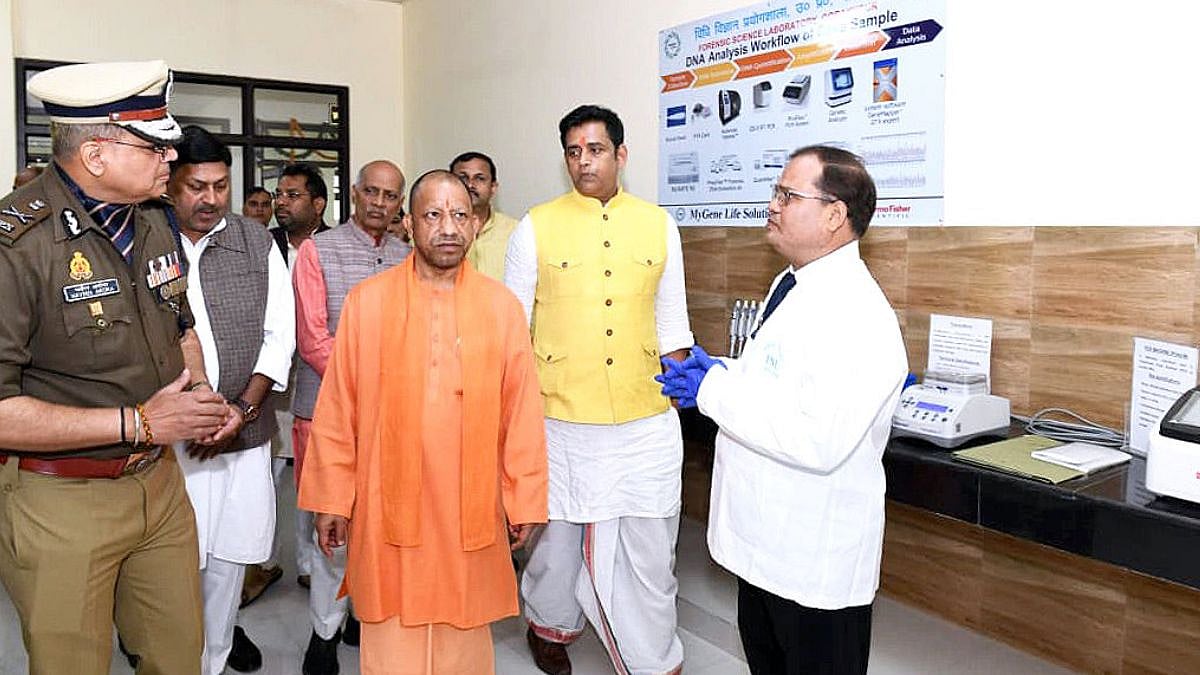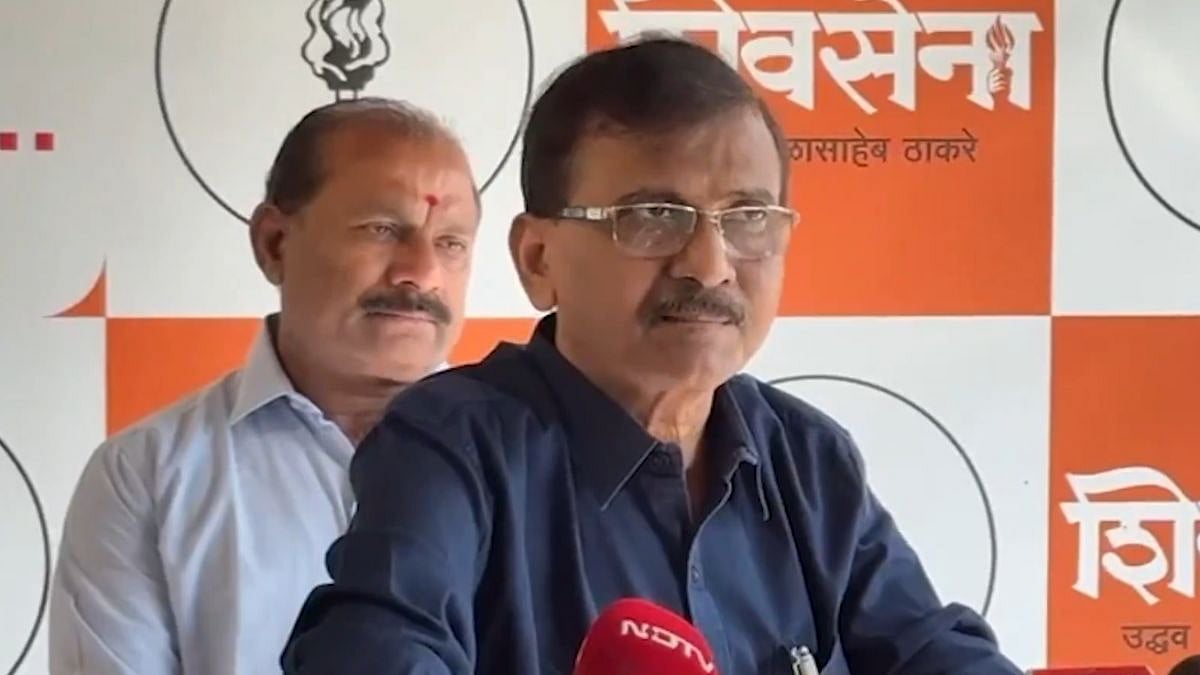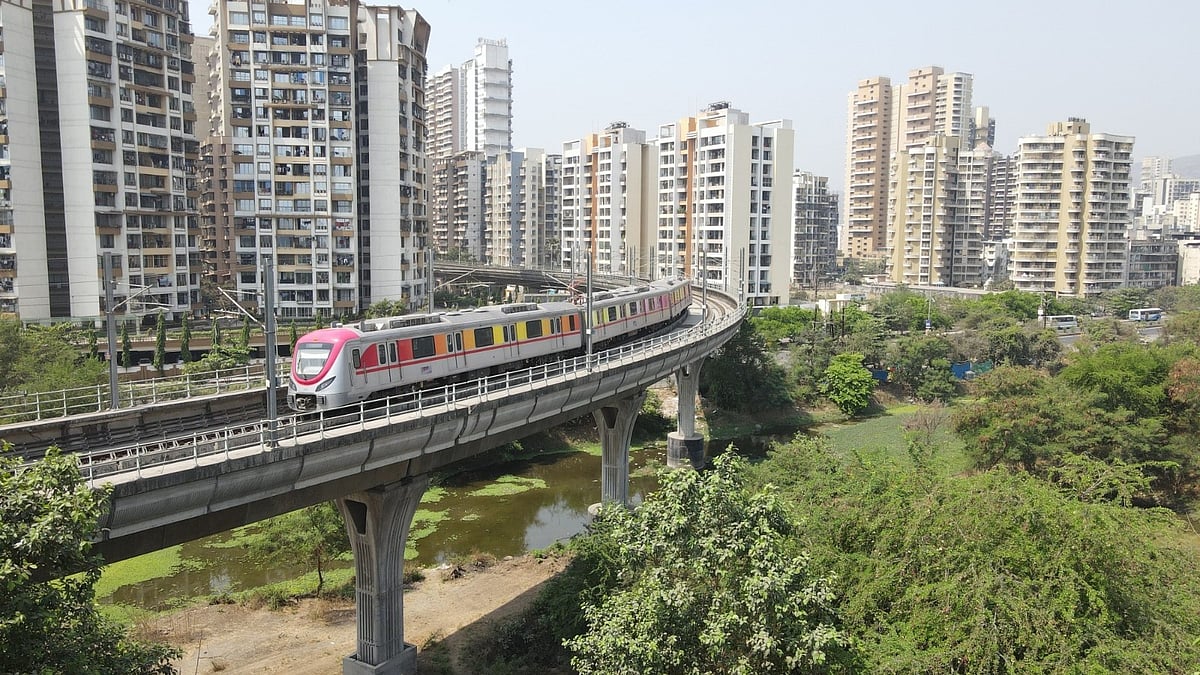Lucknow: The Yogi Adityanath government in Uttar Pradesh is taking decisive steps to bring Scheduled Castes, Scheduled Tribes, and Other Backward Classes into the mainstream, with social justice, cultural respect, and equal opportunity at the core of its governance model. Alongside ensuring sustainable development, women’s safety, economic empowerment, youth education, and employment in tribal regions, the government is also honouring long-neglected heroes such as Dharti Aaba Birsa Munda, Maharaja Suheldev, and Veerangna Uda Devi. These efforts have fostered a new sense of dignity and confidence among vulnerable communities. Chief Minister Yogi’s approach blends development with respect, striving to empower every underprivileged household in the state.
Under the Yogi government’s tribal development strategy, the Dharti Aaba Janjati Gram Utkarsh Abhiyan has taken concrete shape. Through this initiative, sustainable development has reached 517 tribal-dominated villages across 26 districts, ensuring universal access to government schemes. More than 1.1 million people from tribal communities, including Tharu and Buksa, have benefited from improved basic amenities such as roads, electricity, housing, and clean drinking water. Notably, 815 Buksa families received secure housing under the Prime Minister and Chief Minister Housing Schemes. In addition, under the Forest Rights Act, 2006, land claims of over 23,000 tribal families in 13 districts were settled, fulfilling long-pending demands. In education, over 1.5 lakh tribal students have benefited from scholarships and fee reimbursements, while nine Ashram Vidyalayas in Lakhimpur Kheri and Balrampur are providing quality residential education to more than 2,000 children.
The government has expanded opportunities for tribal youth in administrative services and government employment. Under the Pre-Examination Training Center Scheme, 6,500 youth received coaching, resulting in the selection of over 700 candidates for administrative posts. A notable outcome of these efforts is the filling of all Scheduled Tribe reserved positions in the recruitment of 60,244 police posts in the 2023–24 financial year. To give women’s safety and respect a new identity, the government established three PAC battalions named after women warriors, including the legendary Dalit heroine of 1857, Uda Devi. A statue of Uda Devi has also been installed in the state capital, celebrating the proud legacy of the Pasi community. These measures not only enhance women’s representation in the security forces but also honour historical figures who were long overlooked. At the same time, the Tharu Handicrafts Company has strengthened economic independence by connecting 371 women’s self-help groups with national markets. For nomadic communities such as the Nat and Banjara, 101 Ashram schools and 9 Sarvodaya schools have emerged as hubs of social security and stability.
The Yogi government has also launched a mission to give national recognition to historically neglected community heroes. Museums dedicated to Dharti Aaba Birsa Munda in Mirzapur and Sonbhadra, and a Tharu Museum in Balrampur, have become significant centres for preserving and celebrating tribal culture. Initiatives honouring Maharaja Suheldev have strengthened the sense of pride within OBC communities. This cultural renaissance is not only restoring historical identity but also promoting social unity and self-respect. Reforms in school curricula, expansion of scholarships, enhancement of women’s safety infrastructure, and recognition of marginalized groups’ cultural heritage together reflect Chief Minister Yogi Adityanath’s unwavering commitment to the welfare of socially and economically disadvantaged communities.





